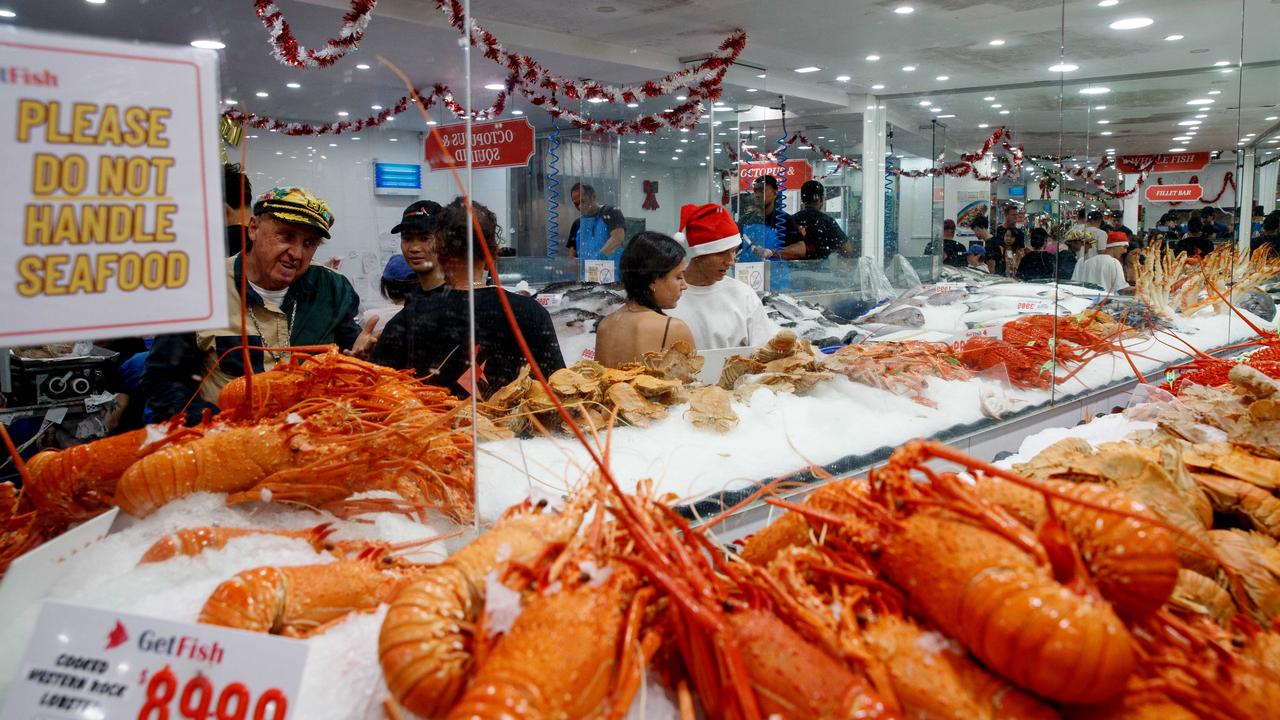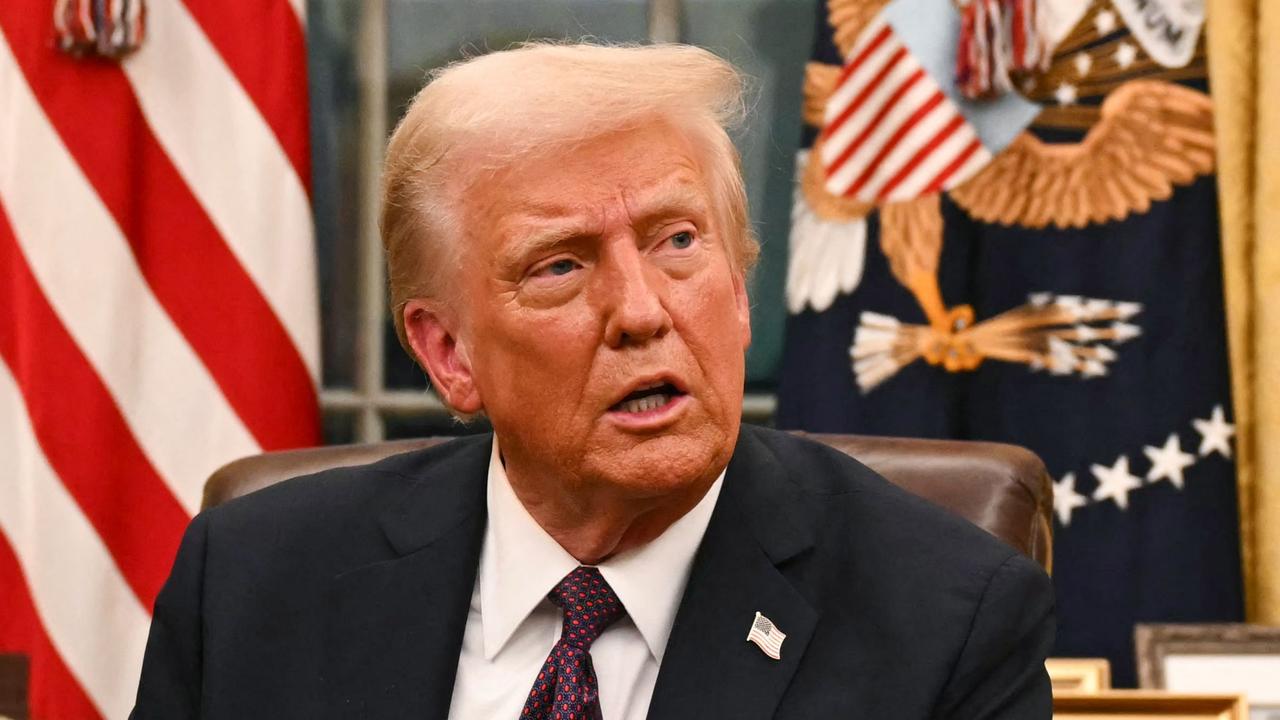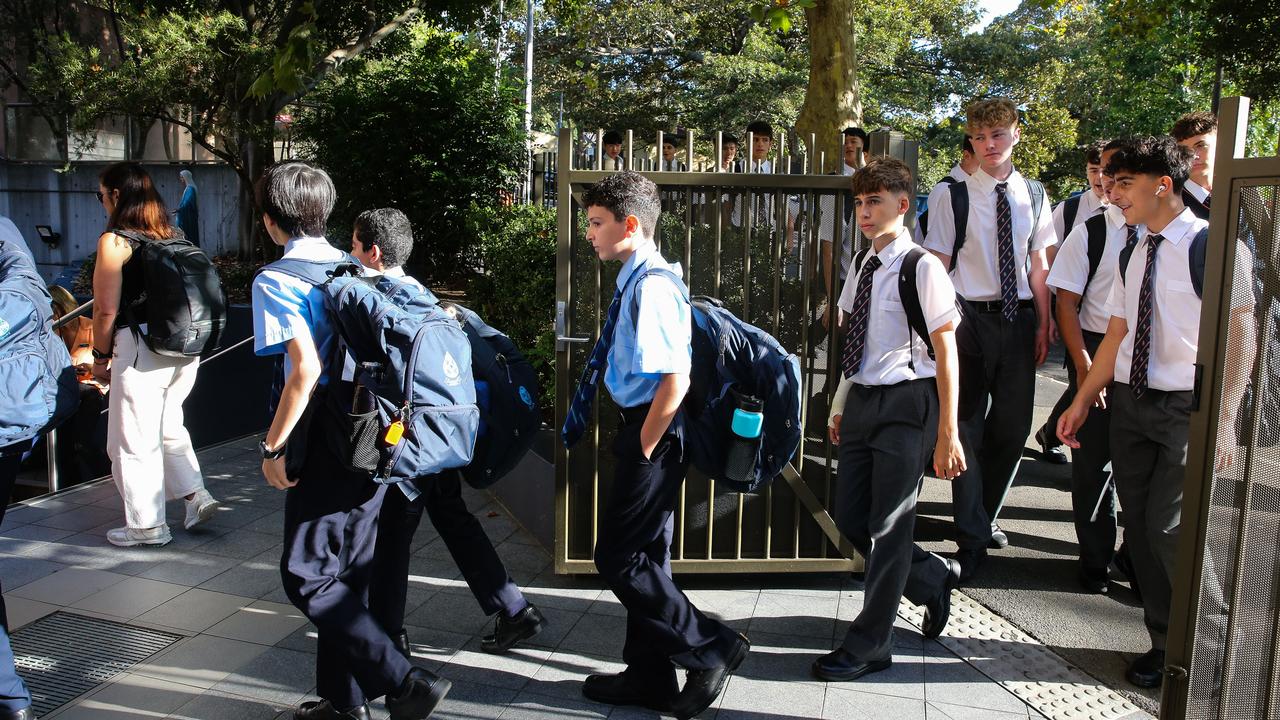RBA reveals growing fears over Evergrande’s potential collapse
There are growing signs the escalating Evergrande crisis has rattled Aussie finance experts, amid fears it could impact local markets.
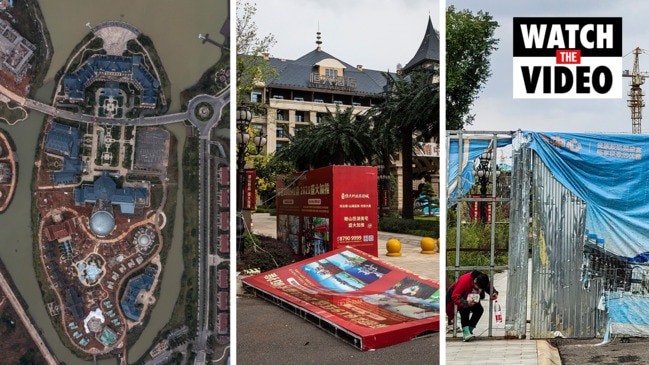
For weeks now, China has insisted that the crisis engulfing property behemoth Evergrande is under control.
Despite the Chinese firm emerging as the world’s most indebted real estate company, owing a stagging $A408 billion and sparking fears it could become China’s “Lehman moment”, authorities have repeatedly downplayed the fiasco.
Just last week, China’s central bank stressed that Evergrande’s spillover risks on financial institutions were manageable.
“In recent years, the company has failed to manage its business well and to operate in accordance with market changes,” The People’s Bank of China head of financial markets Zou Lan said in a press briefing.
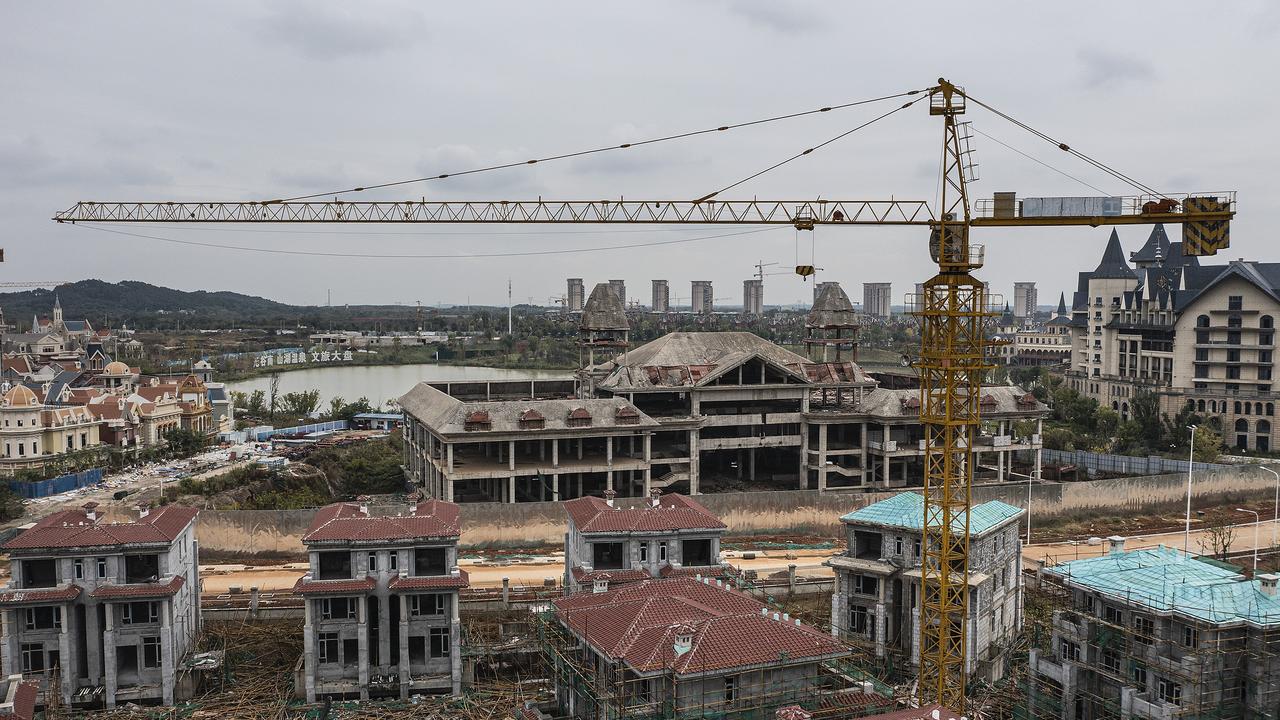
“Instead, it blindly diversified and expanded, resulting in serious deterioration of its operating and financial indicators, which eventually led to risks.”
However, he insisted that the risks posed by Evergrande when it comes to the wider financial system were minimal.
And meanwhile, the bank’s governor, Yi Gang, said at a virtual G30 meeting on Sunday that while Evergrande “casts a little bit of concern”, “overall, we can contain the Evergrande risk”.
But despite those reassurances, there are signs Evergrande’s potential downfall has left Australian experts rattled, with minutes from the latest Reserve Bank of Australia monetary policy meeting revealing a telling clue that financial insiders are watching China very closely.
During the October 5 meeting, Evergrande was specifically mentioned seven times, indicating the situation was a key consideration.
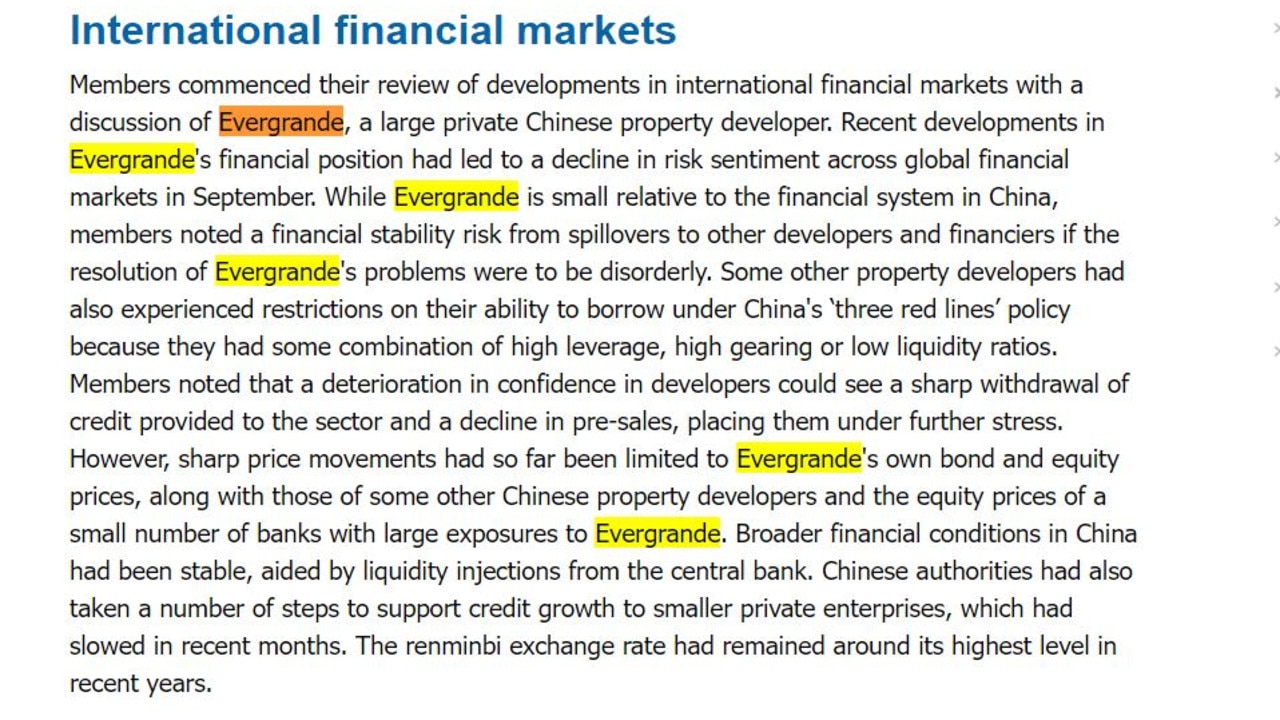
“While Evergrande is small relative to the financial system in China, members noted a financial stability risk from spillovers to other developers and financiers if the resolution of Evergrande’s problems were to be disorderly,” the minutes read.
“Some other property developers had also experienced restrictions on their ability to borrow under China’s ‘three red lines’ policy because they had some combination of high leverage, high gearing or low liquidity ratios.
“Members noted that a deterioration in confidence in developers could see a sharp withdrawal of credit provided to the sector and a decline in pre-sales, placing them under further stress.”
The minutes also mentioned Evergrande again in relation to financial stability.
“In China, authorities had continued to balance addressing increased financial system vulnerabilities with avoiding a realisation of those vulnerabilities that would sharply lower economic growth,” the minutes state.
“This trade-off had been a feature of the significant focus on the liquidity crisis facing Evergrande.
“More generally, the number of adjustments to policy occurring simultaneously had increased the potential for unintended outcomes.”
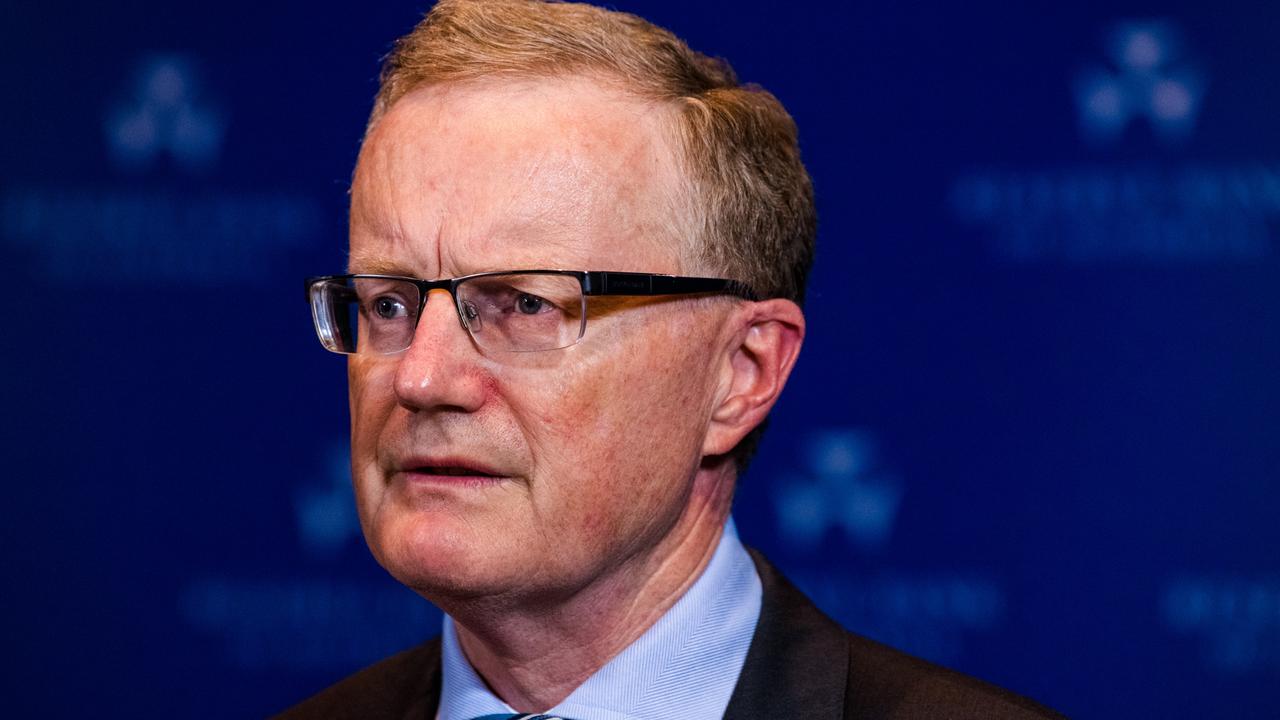
Evergrande has missed three annual interest payment deadlines to bondholders since late September, with the company expected to default on two more payments due this week.
The potential downfall of Evergrande, along with a significant slowdown of the Chinese real estate sector more generally, has been a serious cause of concern for Australia especially, given our reliance on China when it comes to iron ore.
Australia is both the top iron ore producer on the planet, and the number one supplier to China, which makes up 70 per cent of the world’s demand.
Iron ore is our biggest export – but recently, iron ore prices have tanked, mainly due to slowing demand for property in China, which has devastated our biggest mining firms.
That means the boom times could well be over, given many insiders believe the downward trend in China is the new normal rather than a temporary blip.
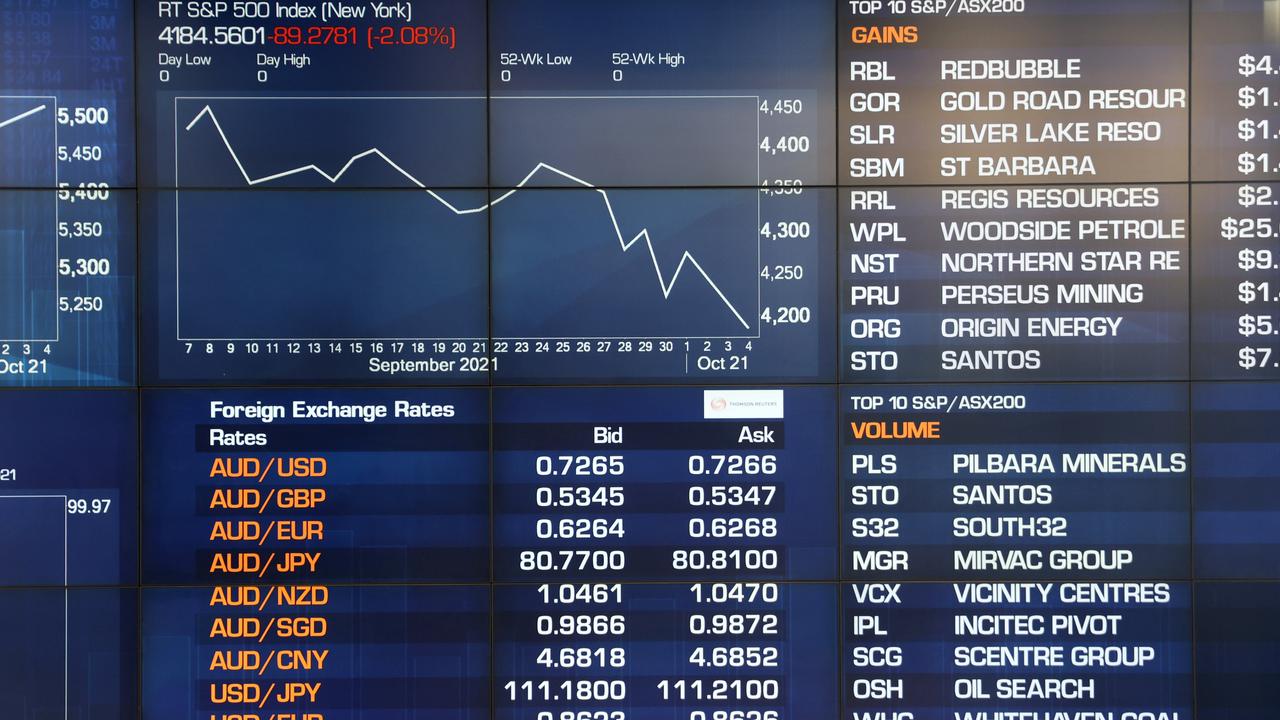
It was a topic which also featured in the RBA meeting this week, with the group expressing concern about the iron ore situation – although there was a silver lining.
“The previously announced caps on Chinese steel production and concerns about excess leverage in China’s property sector had put further downward pressure on iron ore prices,” the RBA said.
“However, onshore coal prices had surged as a result of strong demand, low inventories and domestic supply disruptions.”




